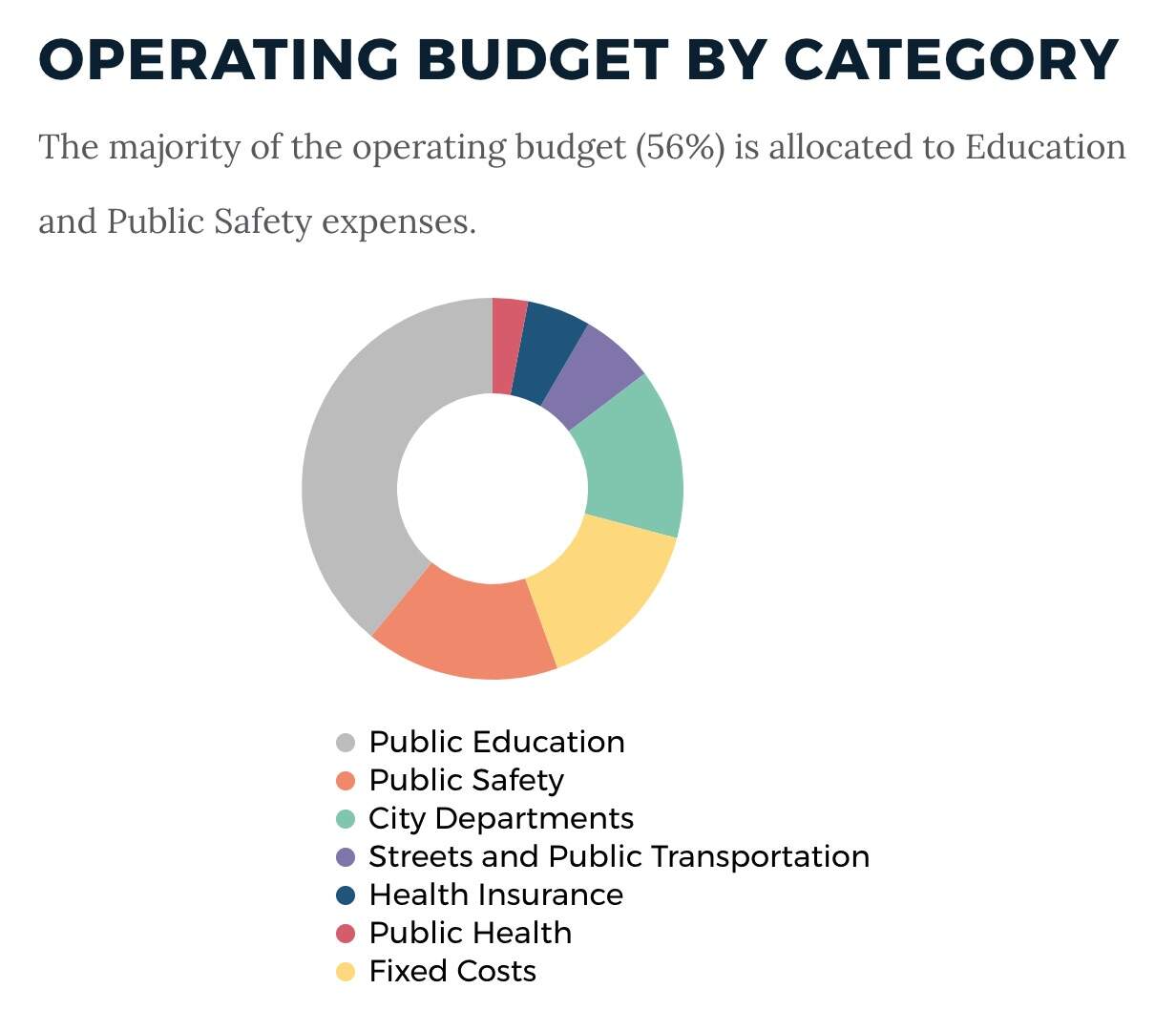Advertisement
Boston mayor seeks budget increase amid expected revenue shortfall
Mayor Michelle Wu is proposing a $4.6 billion budget for the city of Boston in fiscal 2025, an 8% increase over this year's budget, driven by more spending on education, housing and city operations.
Wu said her budget plan aims to make Boston more equitable and affordable for residents.
“This year we double down on delivering excellent city services by improving existing processes and expanding access to reach more families, more effectively,” she wrote in a letter introducing the budget to city councilors.
According to the mayor’s office, 25% of the proposed $344 million increase is dedicated to education. Another 29% is for investments in "priority areas," like integrating the existing Planning and Development Agency into a new city Planning Department andoffsetting the impact of inflation on city expenses. Spending on collective bargaining obligations accounts for 28% of the increase, while 17% is for pensions and debt service.

The proposed budget comes amid uncertainty over projected tax revenues. A recent report by the nonprofit Boston Policy Institute suggests that over the next five years the city could lose $1.4 billion in tax dollars due to vacant office space. The city relies on commercial real estate tax revenue more than many cities across Massachusetts and the United States.
“This is unprecedented,” said the group’s executive director, Greg Maynard. “The golden goose for the city for the last 20 years is no longer laying eggs.”
Maynard said Boston could be forced to reconcile a decrease in tax dollars by either increasing revenue or cutting spending. But Wu told city councilors Wednesday that fears over the city's fiscal future are largely unwarranted.
"To point to some false information that the city might be experiencing a billion dollar shortfall, that is just simply not true," Wu said.
But city officials project that revenue from new property taxes will slow down in the year ahead. Planners expect that revenue will be down 34% compared to the average of the previous seven years, due to higher interest rates and construction costs slowing development.
Wu said the city is in a strong position, but noted, "We are going to be as vigilant as possible about understanding the waves ahead."
The city is seeking approval from the Legislature to hike commercial tax rates to offset any declines in values. In the current year, homeowners pay $10.90 for every $1,000 in value, while commercial owners pay $25.27. The city says the change would not increase the amount of taxes collected, but would shield residential payers from having to shoulder more of the tax burden.
The mayor's budget proposal is now in the hands of the City Council.
